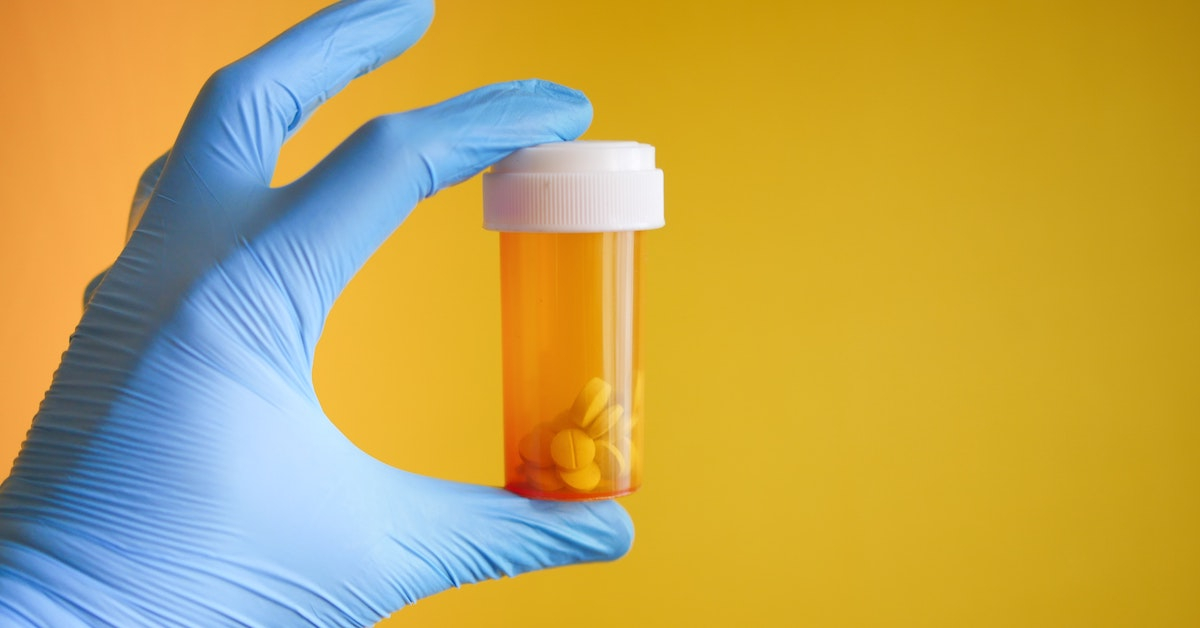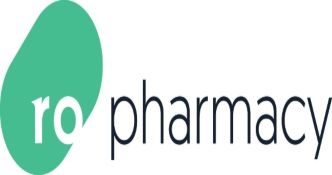Prior to the COVID-19 pandemic and subsequent public health crises, prescription drugs and controlled pharmaceutical medicines could only be prescribed through physical, in-person, real-world medical evaluations.
But recognizing the heightened need for virtual, remote telehealth services during the pandemic, the Drug Enforcement Administration and Department of Health and Human Services established two important regulatory changes. Two key, imperative changes to how prescriptions are written in the American healthcare system:
1. Now, licensed, board-certified medical practitioners can prescribe controlled substance medicines to patients through virtual telemedicine evaluations, assuming the evaluation deems the prescription medically necessary.
2. To more effectively address the opiate epidemic, the DEA is now permitting qualifying practitioners to prescribe buprenorphine to treat opioid use disorder, as needed, via telephone-based medical evaluation.
It’s unclear if these regulatory changes will persist after COVID-19 is no longer deemed a public health emergency by the Centers For Disease Control and other regulatory bodies. The Biden Administration has recently renewed the COVID public health emergency declaration into 2023 (CNBC).
Although it remains to be seen if these regulatory changes will remain indefinitely, after COVID-19 is no longer deemed a public health emergency, here's what you should know regarding controlled substance pharmacy prescriptions online, as of now.
What Are Controlled Substance Prescriptions?
To paraphrase an excerpt from the NIH’s National Cancer Institute’s dictionary definition, a controlled substance is defined as any “drug or other substance that is tightly controlled by the government because it may be abused or cause addiction. The control applies to the way the substance is made, used, handled, stored, and distributed.”
The scheduling of these controlled substances, the acceptable uses of these controlled substances, as well as what is defined as legal or illegal controlled substances in the United States, are all regulated under the DEA’s Controlled Substances Act.
Legal or not, these substances are formally classified and scheduled under one of five schedule tiers as “controlled substances”, due to their potential for abuse and unsafe misuse outside of a safe, therapeutic medical setting. Schedule V is the classification referring to controlled substances deemed to have the lowest potential for abuse or physical and mental dependency, while Schedule I substances are deemed to have the highest potential for abuse and no valid, appropriate prescribed use under federal law.
For example, high-strength opioid pain medications like Percocet are classified as Schedule II controlled substances for having a high potential for abuse outside of responsible, safe, prescribed medical use. However, they have still been deemed effective for alleviating chronic pain in moderate, controlled, and responsible use adherent to the appropriate medical guidance.
Heroin, on the other hand, has no formal use that is recognized as safe or medically necessary, and has one of the highest potentials for abuse and dependency among any drug, which is why that opioid is deemed a Schedule I controlled substance whereas prescription opioid pain medications are classified as Schedule II controlled substances.
Certain prescriptions may be prescribed as non-controlled substances, including:
- Antibiotics and most infection medicines
- Insulin and most diabetes medications
- Most hypertension and HBP medications
- Most medications for chronic conditions
Again though, what differentiates controlled substances from non-controlled substances ultimately comes down to that potential for abuse, misuse, and physical or psychological dependence. The processes by which a controlled substance prescription is allowed to be filled or refilled can also differ greatly depending on its scheduling, or depending on areas where state and federal regulations may potentially differ.
But let’s cover how controlled substances are generally filled, online and offline.
How Prescriptions Are Written (And How Prescription Refills Work)
There are a number of different ways by which a qualified pharmacist may write you a controlled substance prescription they deem medically necessary. Following a physical or virtual medical evaluation, your doctor may write or fill the prescription through avenues like:
- Writing a written paper script for you to take to the pharmacy
- Calling or emailing a pharmacy to order/deliver a prescription
- Sending the prescription to a pharmacy with an EMR system
The term “EMR” is an abbreviation for “electronic medical records”. If you’re opting to have your prescriptions filled via an online pharmacy, we would recommend that you stick to trusted providers who have clearly specified privacy policies with regard to how they handle these records, and clearly-stated instructions specifying how they fill and transfer medications.
The frequency with which a controlled substance may be prescribed will be contingent upon a number of factors, including but not limited to:
- The specific medical condition(s) which the controlled substance is being prescribed to treat
- The federal and state regulations governing the frequency of how often a controlled substance prescription may be written, filled, and refilled
- The specific terms of the controlled substance prescription being administered for your treatment
Whether you’re having a prescription written, filled, or refilled for an online or offline pharmacy, the prescription you’re receiving for your treatment, whether it’s a controlled substance or not, should generally include these details in writing:
- Prescriber office information
- Date of prescription + use timeline
- Patient name and identifying data
- Superscription (the Rx symbol)
- Inscription of medication prescribed
- Directions for the pharmacist/dispenser
- Usage directions for the patient
- Instructions for renewing the prescription
- The prescriber’s signature and registration #
Controlled substances or non-controlled substances, these details will help you verify the validity, accuracy, and legitimacy of your prescription. This applies to prescriptions on controlled or non-controlled substances, as well as prescriptions made through online or offline pharmacies. But if you’re wondering which controlled substances you may be able to order prescriptions for online, let’s touch on that base.
What Drugs Can Be Prescribed By Telemedicine?
Can online doctors prescribe benzodiazepines? Can online doctors prescribe antidepressants? Will an online doctor be able to promptly fill the essential prescription medications you need to enrich your quality of life and alleviate the conditions impeding your emotional and physical well-being?
You might still be asking yourself these pertinent questions, even if some of our prior sections answered them more generally. It’s important to remember the distinction that we’ve been harping on repeatedly, that controlled substances are defined as such due to their potential for abuse and irresponsible misuse if not used in accordance with your doctor’s prescription.
Types of Schedule II-V controlled substances you might be able to have prescribed for your health needs via telemedicine, include drugs like:
- Sleep Aid Medications
- SSRIs and Antidepressants
- Benzos and Anti-Anxiety Medication
- Adderall, Vyvanse, & ADHD Meds
- Chronic Pain Medications
It’s important to remember how scheduling classification impacts the frequency by which an online doctor is able to prescribe you a controlled substance, or if they’re allowed to prescribe that controlled substance in the first place. It's also important to remember that the cheapest online ADHD treatments might not be right for you, so always be sure to consult a medical professional who you trust before starting any treatment.
For example, even if you live in a state where medical marijuana is legal, online doctors are still not allowed to “prescribe” it in the traditional sense due to the drug still having a federal Schedule 1 classification. Hemp-derived cannabinoid products, including CBD and Delta-8 THC, may have wider availability due to a 2018 change to the FDA’s Farm Bill, but not via online doctor or pharmacy prescription.
(If you’re curious how state and federal law could impact your ability to access cannabis products for medical use, we’d recommend referring to this 50-state map by NORML.)
If an online doctor does end up prescribing you a controlled substance, we would recommend that you be as fully informed, open, and transparent with your provider as possible. Don’t be afraid to ask your provider any questions you may have about use instructions, the expected length of your therapy, and what should be done if your treatment isn’t working as hoped.
Abruptly discontinuing the use of a controlled substance you’ve used for a long time might risk triggering severe withdrawal symptoms, and we would only recommend that you safely taper off it with the guidance of your provider. Likewise, if you suspect that you might be starting to experience symptoms of an addiction or substance use disorder (SUD), we’d encourage you to let your provider know right away.
Online Doctor Prescription Without Insurance?
If you’re in need of affordable, low-cost, cheap online doctor prescriptions to address your health and wellness needs, telemedicine providers like Sesame Care and Ro Pharmacy might possibly be able to help you meet those needs, regardless of your insurance coverage!
If you have insurance, there are also online pharmacy platforms like Talkiatry, which work in tandem with insurance providers to offer psychiatric prescriptions for patients in need and in-network. We’d encourage you to read multiple provider reviews (not just ours), feedback, and comments from patients, and really keep an open mind in evaluating the right online doctor and pharmacist for you.


